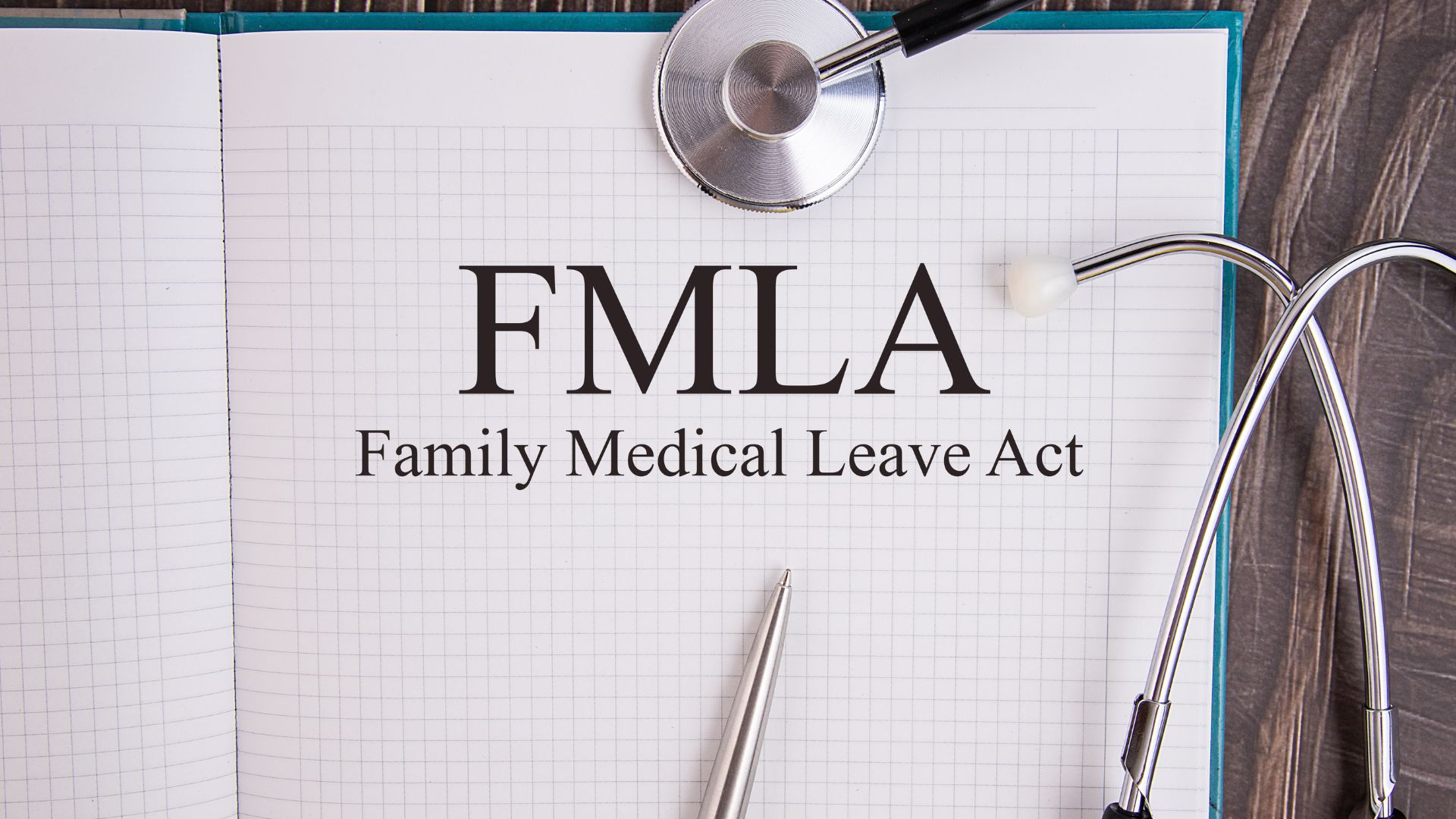Every year, your HR professionals should look at the Family and Medical Leave Act and the Americans with Disabilities Act and how they have changed. Then, you must update your policies and share those changes with all employees.
In addition, states and localities have their own FMLA and ADA regulations, so it’s essential to consider these. Why? Because the penalties for not following the law can be costly!
This blog will focus on each Act and what you need to know.
Who’s Covered under FMLA
To be eligible for FMLA leave, an employee must work for a covered employer. As a general rule, covered employers typically include:
- Private and public elementary and secondary schools
- Public agencies, including federal and state governments
- Private-sector employers with at least 50 or more employees
FMLA recent changes
On May 25, 2022, FMLA was changed to guide those caring for someone with a mental health condition, including themselves. In addition, FMLA can cover inpatient and/or continuing treatment care.
This change also includes a parent whose child is 18+ years old if the child is incapable of self-care and the mental condition qualifies as a disability under the ADA.
Common Questions and Pitfalls
- Can you email or call an employee when they are on FMLA?
Yes, you can if you have a specific work-related question (i.e., where is file x or what is the contact number for customer y). But in general, phone calls and emails are off-limits. - Can you tell other employees why the person is on FMLA?
No.
- Can you terminate the employee when the FMLA ends?
That depends. Some employees will qualify under the ADA classification (if the leave is for themselves), while others will not; if the person returns from FMLA as an unprotected class, then the answer is yes.
What is ADA?
The Americans with Disabilities Act of 1990 (ADA) is a law that helps protect the civil rights of people with disabilities. It can help people with disabilities have equal opportunities in:
- Employment
- Public accommodations
- Transportation
- State and local government services
- Telecommunications
The ADA generally applies to private employers with at least 15 employees. State laws can have lower thresholds
Recent Changes with ADA
Long COVID-19 can be a disability under Titles II (state and local government) and III (public accommodations) of the Americans with Disabilities Act (ADA).
We Can Help You Craft Timely FMLA and ADA Policies
We have HR professionals on staff that can help you sift through the local, state, and federal regulations and develop the best FMLA and ADA policy. Contact us today at 330-255-1101 to schedule your consultation.

